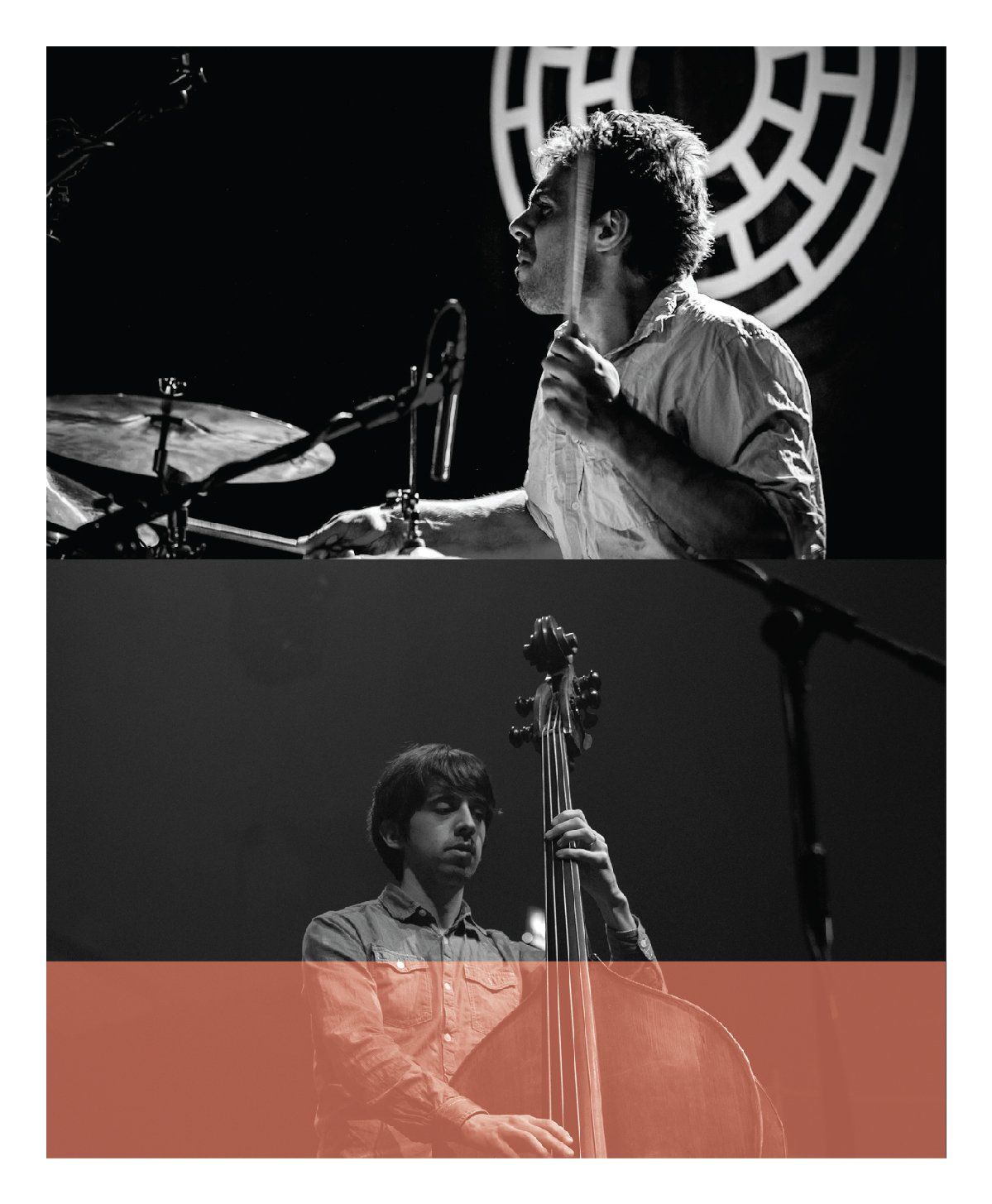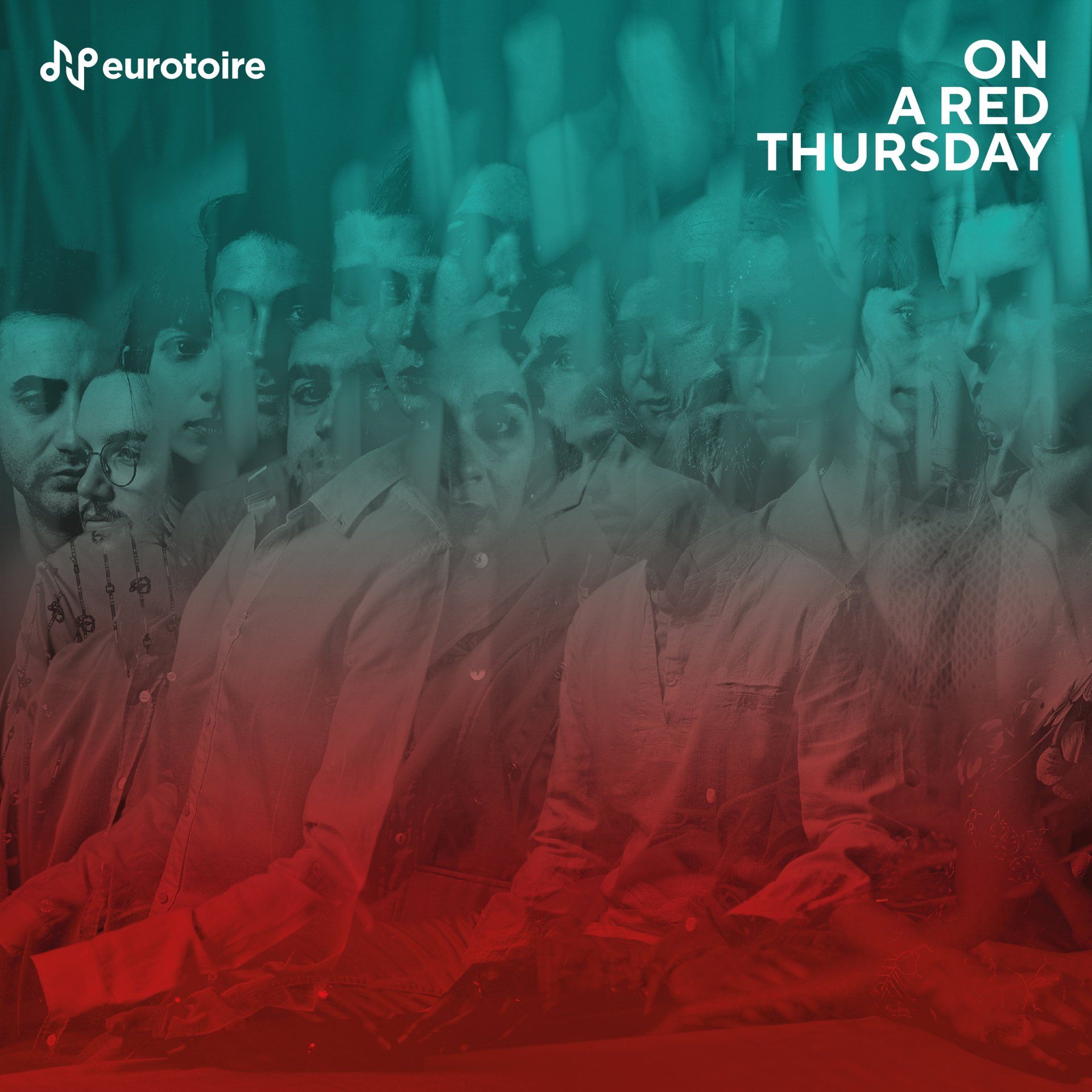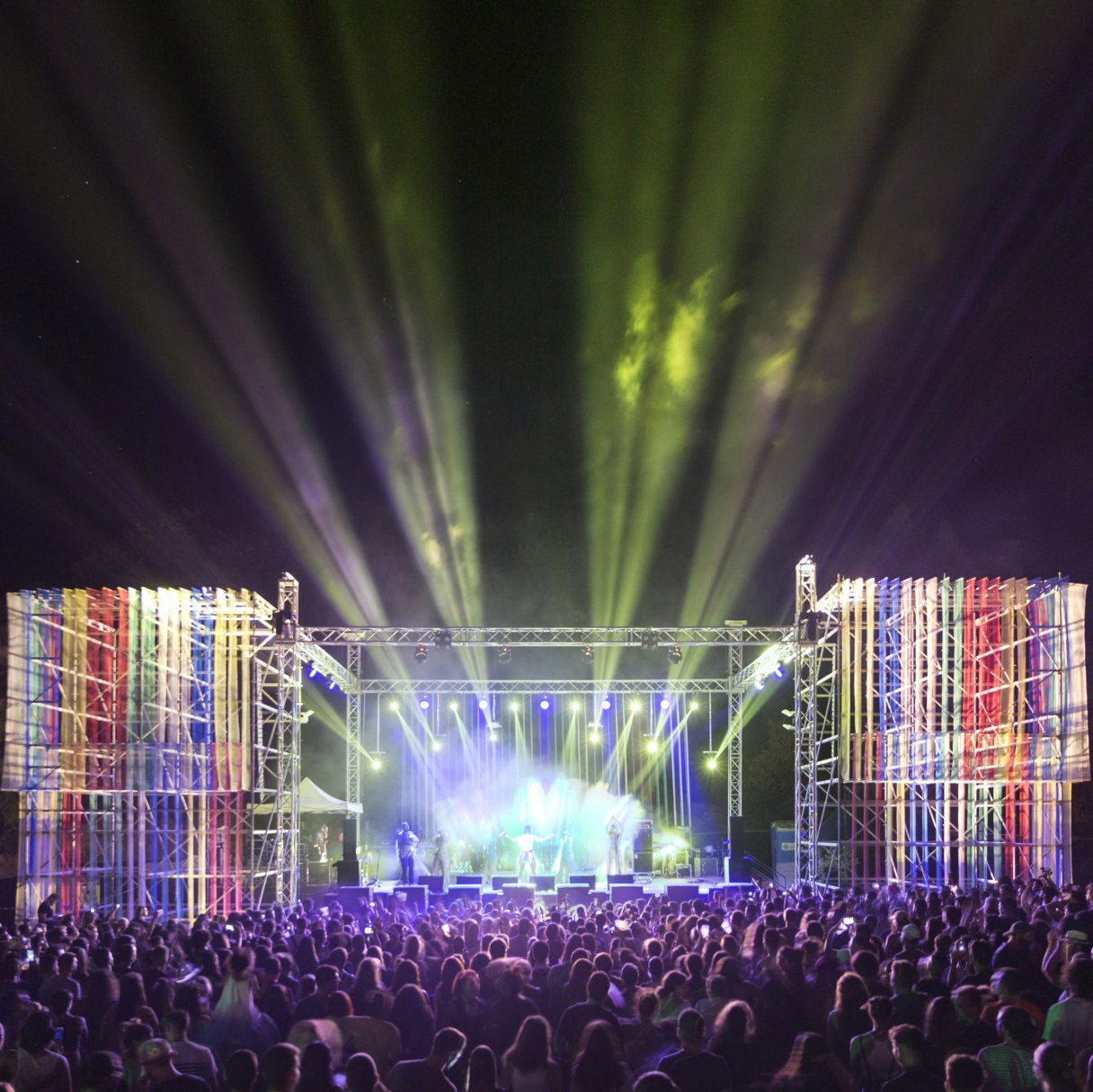Συνέντευξη με τον Davide De Rose και τον Colin Somervell | Μουσικό Χωριό Φέγγαρος 2015
Η Αναστασία Προκόπη Τάκη ρωτά...

Bearing in mind the spirit of discipline that one needs to demonstrate within a group or ensemble, in which way can spontaneity be beneficial in a group workshop like the one you are offering in this year's Music Village? Also, can spontaneity be disorienting in the group context of the workshop?
This workshop will show it's benefits after it has come to pass. Spontaneity will be beneficial in the future as a result of disciplines learned, practiced and applied during the workshop. Once solid foundations are analysed and understood we can give ourselves the freedom to be spontaneous. The musicians are being asked to undergo training that will help them to be spontaneous in future. Being spontaneous in a collaborative creation of music requires the ability to hear the sound made by the entire group as one, and not to be lost in one's own part and, most importantly, not to be lost in one's desire to play With this workshop we are looking to develop a 6th sense for orientation and reaction.
In what degree do you think does group playing affect a musician's awareness? Do you consider it a draw back if a musician chooses not to interact or play with other musicians?
Group playing is an essential part of a musician's development. Interaction can happen in many ways. A great contribution to a collaborative spontaneous music performance might often be to play a repetitive static pattern ad infinitum or even to have the foresight not to play at all.
Can the group learning process work effectively for all musicians?
As long as the musicians's are willing to work towards a greater good for the sake of the music then the learning process will be effective.
Is the sense of musicality something innate or something that you acquire later on? Can someone be taught musicality?
Musicality can be innate and can be taught. Either way it can be expanded on. It has a lot to do with maturing as a musician and understanding the greater importance that music has over the individual's desire to be part of it.
You are mentioning musical conduction. How is that defined and how does it affect the creative process?
Musical conduction is used in the workshop as a way to channel and shape the music as it's happening. It is a tool that can be used to focus and direct the creative process, without interfering with what each musician chooses to bring to the group.
Dave, which is your fondest memory from your partaking in last year's Music Village and which are your expectations from this year's workshop?
It's pretty hard to pick just one fond memory from last year because I was overwhelmed with the amount of wonderful people I met and got to know. There was this one young student of mine who was initially a little disgruntled with what I was teaching. But the 3rd day he realised the importance of the concepts I was bringing to his attention and completely changed his attitude. I'll never forget that!
This year I expect much of the same intense exchange of skills, development, wisdom, fun and laughter between everyone organisers, students, tutors, helpers. I literally can't wait!
Ο Davide de Rose και ο Colin Somervell θα διδάξουν το εργαστήρι με τίτλο " Spontaneous Collaborative Music" .
Περισσότερες πληροφορίες για το Μουσικό Χωριό Φέγγαρος 2015 εδώ
----------------------
Διάρκεια Εργαστηρίων:
Περίπου 30 ώρες, πρωϊνές και απογευματινές συναντήσεις.
Κόστος Συμμετοχής:
€170 - περιλαμβάνει πρόσκληση στο Φεστιβάλ Φέγγαρος 2015.
€200 - περιλαμβάνει 5 μεσημεριανά γεύματα και πρόσκληση στο Φεστιβάλ Φέγγαρος 2015.
Διαμονή:
- Δωρεάν ελεύθερος κατασκηνωτικός χώρος (με ντους και τουαλέτες)
- Αγροτουριστικά καταλύματα προς ενοικίαση
Πληρωμή:
- Τραπεζικό Έμβασμα
- Διαδυκτιακά εδώ (ισχύει επιπλέον χρέωση για έξοδα Paypal)
- Μετρητά/Επιταγή στο γραφείο της Λουβάνα Δίσκοι, Λευκωσία
Περισσότερες Πληροφορίες/Εγγραφές: (+357) 99735225 | Συχνές Ερωτήσεις | FB Page
info@louvana.com.cy




